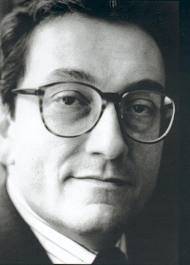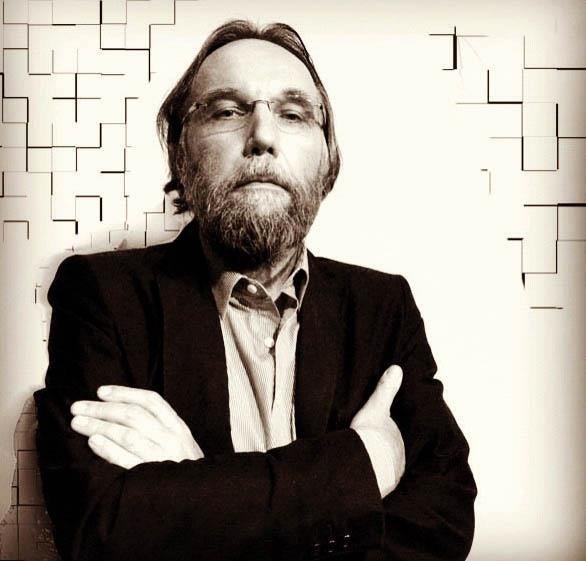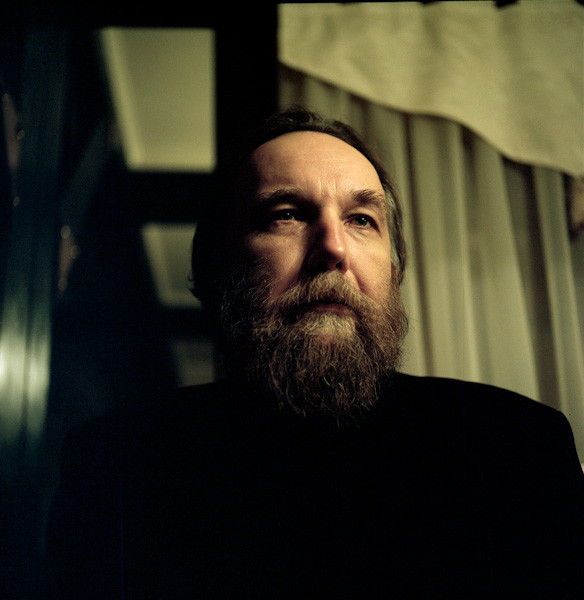TOO Annual Fundraiser for 2013: Much to be optimistic about
It’s time for our annual year-end fundraising appeal—our only appeal of the year. I’d like to first thank those who have contributed during 2013. Much appreciated. With your generous support, we have been able to put out well over 200 articles and blogs in the past year.
A very promising trend is that we are attracting many excellent writers—people like Domitius Corbulo whose review of Filipe Fernandez-Armesto’s Pathfinders is has recently been our featured article. Armesto’s book is typical of the cultural Marxism that pervades the academic world: lack of concern for the empirical evidence and seething with hostility to Europeans, their history and their culture. The good news is that we now have a critical mass of writers on this site and on other like-minded sites—writers who are on board with our issues and are willing and able to write articles that provide insight into our malaise and provide the sort of cultural confidence that is necessary for long-term success. One of the exciting things about the present state of the Internet is that there are quite a few excellent outlets for White advocacy and other sites opposed to the constant barrage of propaganda from the mainstream media on all things related to immigration and multiculturalism.

 In the egalitarian world of academia the deeds of great European men stand like an irritating thorn. Allowing university students (the majority of whom are now females) to learn that practically every great philosopher, scientist, architect, composer, or simply, everyone great, has been a male makes them uncomfortable. Academics feel even less comfortable, terrified even, at the thought of teaching their increasingly multiracial classrooms that these males are overwhelmingly European. While universities cannot ignore altogether the cultural achievements of Europeans, otherwise they would have little to teach — all the disciplines, after all, were created by Europeans — the emphasis tends to be on the evolution of “progressive” ideas framed as if they were universal ideals by and for humanity. Egalitarians particularly enjoy teaching how these ideas have been improved upon, and continue to be, through the “critical thinking” of teachers and activists. Hail to the professors fighting for humanity’s liberation right inside their classrooms!
In the egalitarian world of academia the deeds of great European men stand like an irritating thorn. Allowing university students (the majority of whom are now females) to learn that practically every great philosopher, scientist, architect, composer, or simply, everyone great, has been a male makes them uncomfortable. Academics feel even less comfortable, terrified even, at the thought of teaching their increasingly multiracial classrooms that these males are overwhelmingly European. While universities cannot ignore altogether the cultural achievements of Europeans, otherwise they would have little to teach — all the disciplines, after all, were created by Europeans — the emphasis tends to be on the evolution of “progressive” ideas framed as if they were universal ideals by and for humanity. Egalitarians particularly enjoy teaching how these ideas have been improved upon, and continue to be, through the “critical thinking” of teachers and activists. Hail to the professors fighting for humanity’s liberation right inside their classrooms!




